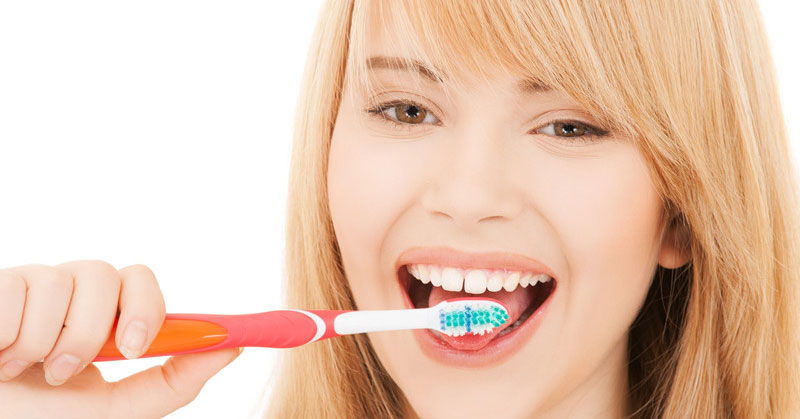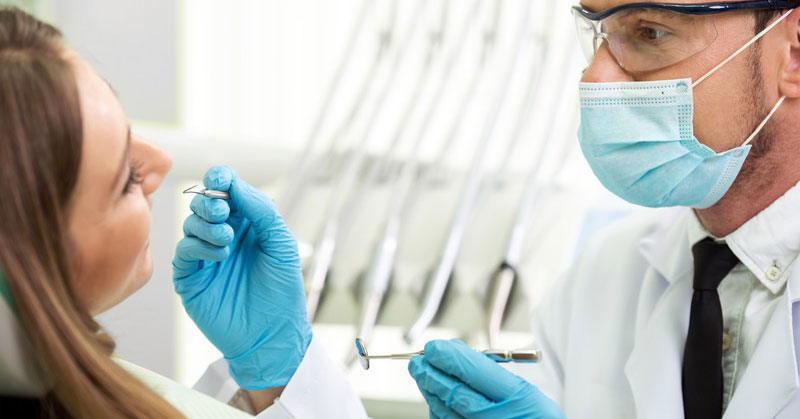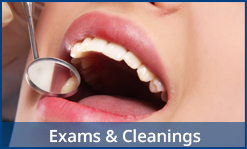Over the past few years, obesity has increased significantly within the U.S. In fact, recent studies suggest that 67% of adults in this country are overweight or obese, and more than 34 percent are severely obese. Most of us know that obesity contributes to a wide range of serious health problems, including diabetes, heart disease, high blood pressure, arthritis, gout, high cholesterol, and a variety of other maladies. Now, according to recent research conducted on the topic, you can add another health concern linked to obesity: gum disease.
Studies conducted in the past have shown a link between gum disease and several risk factors, including poor oral hygiene, smoking or chewing tobacco, eating (or drinking) too much sugar, and diabetes, to name just a few. Now, new research has found that overweight people experience twice the incidence of gum disease as people of a normal weight, and people who are severely obese are three times more likely to have periodontal disease than people within a healthy weight range.
Although more research remains to be done on this topic, studies have shown that the hormones and chemical signals produced by fat cells increase inflammation in a person’s body. That inflammation compromises the individual’s immune system, and that makes them more susceptible to developing periodontal disease. Once gum disease forms in an obese person, it may progress at an increased pace due to a decrease in blood flow to the gums caused by inflammation.
There are several symptoms of gum disease, including the following:
- Bleeding gums
- Swollen and/or sore gums
- Persistent bad breath
- Receding gums
- Changes in a person’s bite
- Changes in how dentures or other dental appliances are fitting inside the mouth
- Loose teeth
If you notice any of these symptoms, it’s important to contact your dentist right away. Fortunately, gum disease is entirely treatable if it’s caught in the early stages. Treatment options depend on how far the condition has progressed, and the earlier it’s diagnosed, the easier those treatment options are.
If you are obese or overweight, it’s important that you take healthy steps to lose the excess weight. If you need help, speak to your doctor or a medical professional to find out the best ways to lose weight in the healthiest way possible. It’s not a coincidence that foods most often recommended to help you lose weight are also foods that contribute to good oral health: foods such as fresh fruits and vegetables, lean protein, low-fat dairy products, and avoidance of sugar and high fat foods as much as possible. Take steps today to lose weight and improve your overall health, and prevent gum disease at the same time.





















